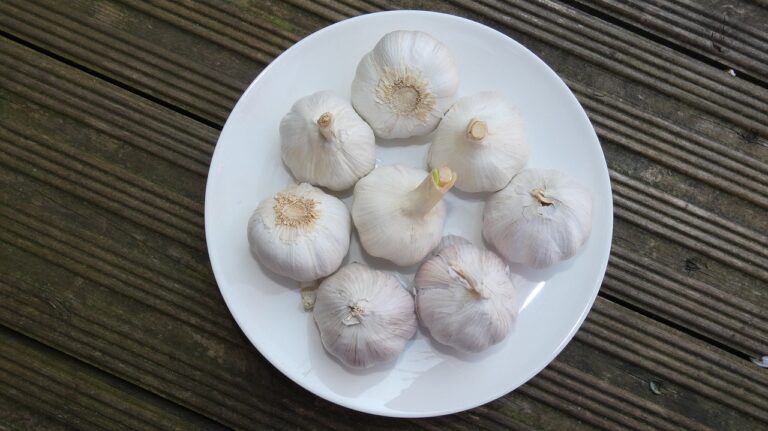The Surprising Health Benefits of Seaweed: From Nutrient-Rich Superfood to Sustainable Crop
Seaweed has a long history as a staple food in many coastal regions around the world. Dating back centuries, various cultures have incorporated different types of seaweed into their diets for its nutritional value and abundance in the ocean. In Asia, especially in countries like Japan, China, and Korea, seaweed has been consumed for thousands of years and plays a significant role in traditional dishes such as sushi, miso soup, and seaweed salads.
Similarly, indigenous communities in coastal areas of North America, Europe, and Africa have also relied on seaweed as an important food source. The use of seaweed in diets was not only due to its availability but also because of its rich mineral content, including iodine, calcium, and magnesium. Over time, the consumption of seaweed has spread globally, with modern chefs and nutritionists recognizing its versatility and health benefits.
The Nutrient Profile of Seaweed
Seaweed is not only delicious but also packed with essential nutrients that are beneficial for overall health. This marine vegetable is a good source of vitamins A, C, and K, as well as minerals such as iodine, calcium, and iron. These nutrients play a crucial role in supporting the immune system, bone health, and energy production in the body.
Additionally, seaweed is rich in antioxidants, specifically carotenoids and flavonoids, which help protect cells from damage caused by free radicals. High levels of fiber found in seaweed support digestion and promote a healthy gut microbiome. Including seaweed in your diet can be a great way to boost your nutrient intake and add variety to your meals, all while reaping the numerous health benefits it has to offer.







